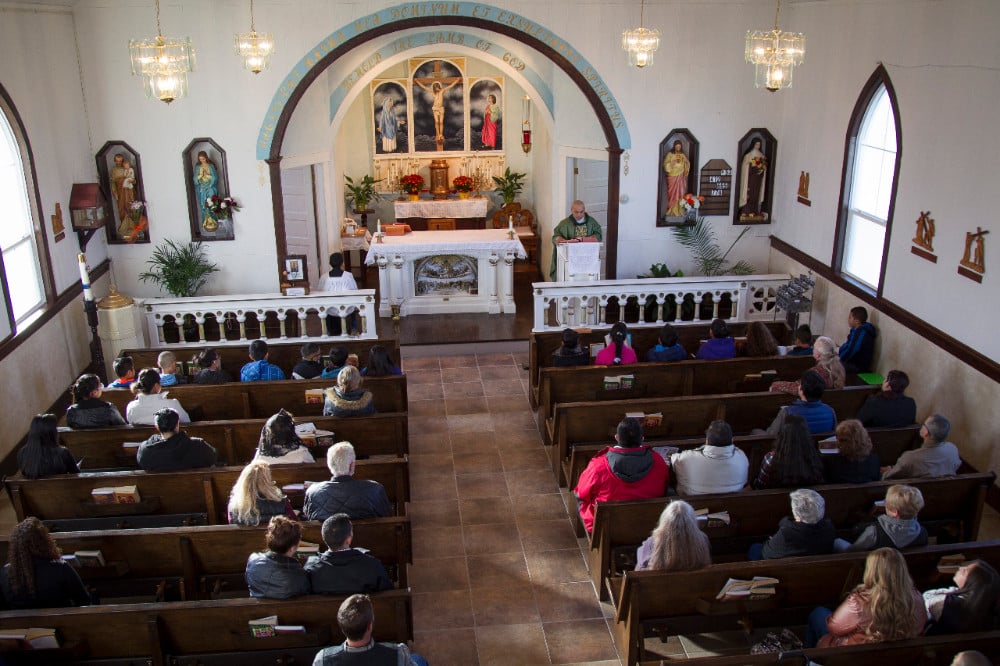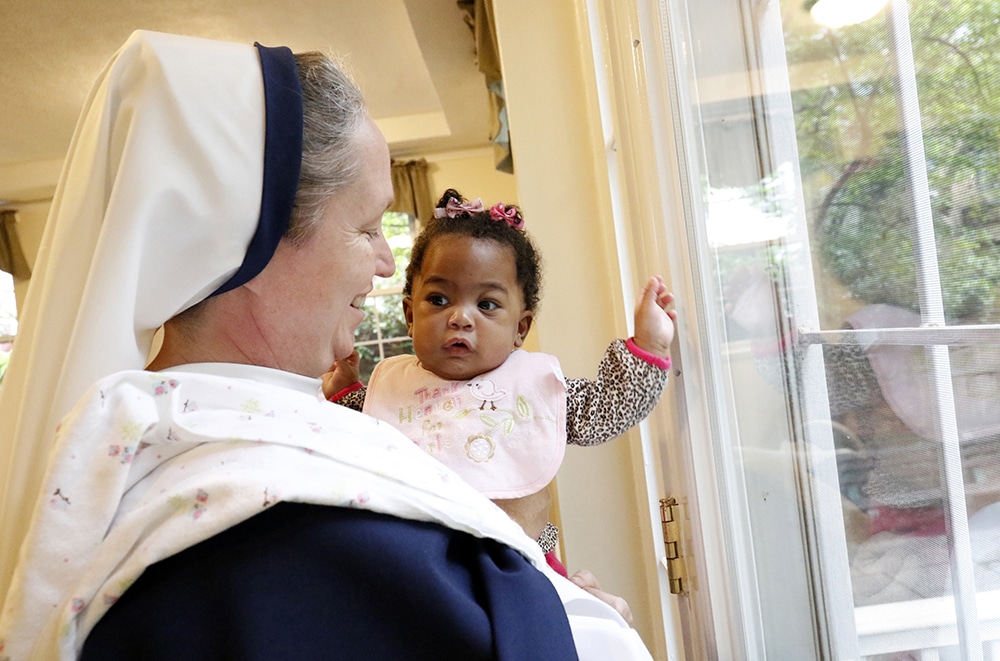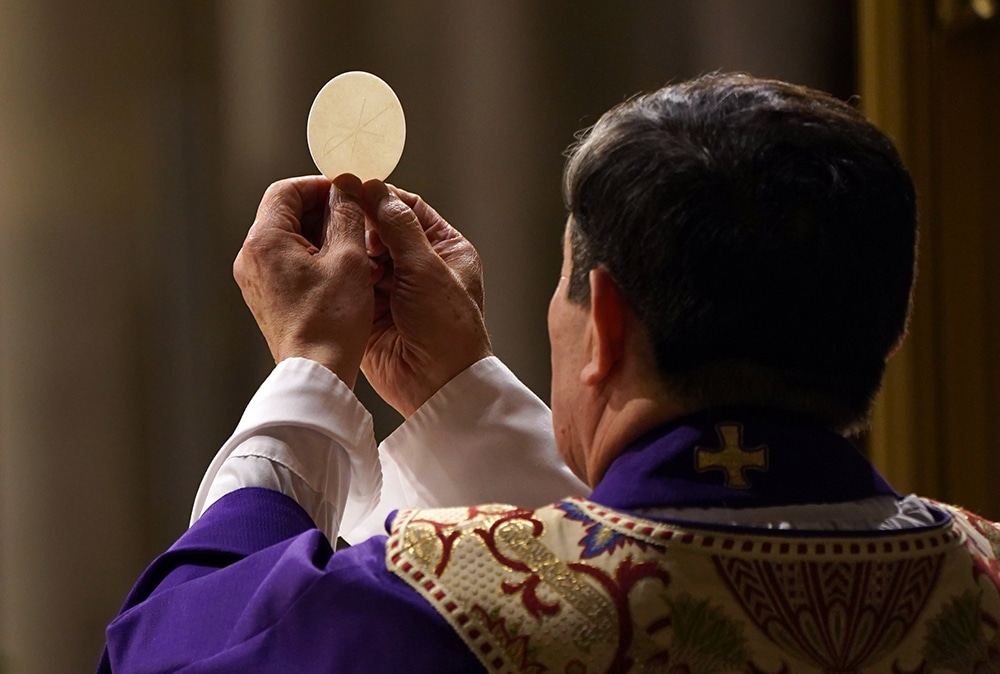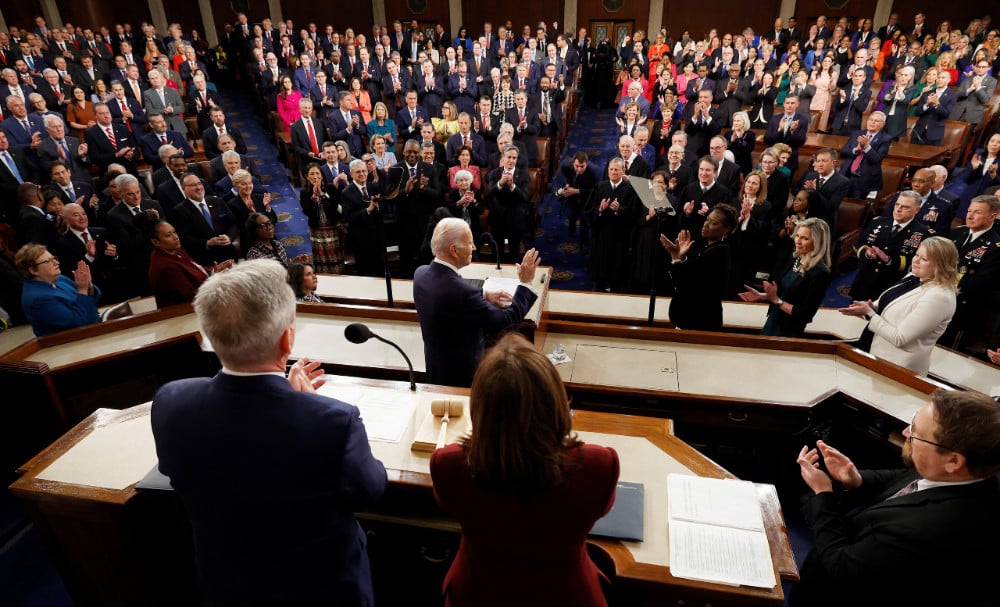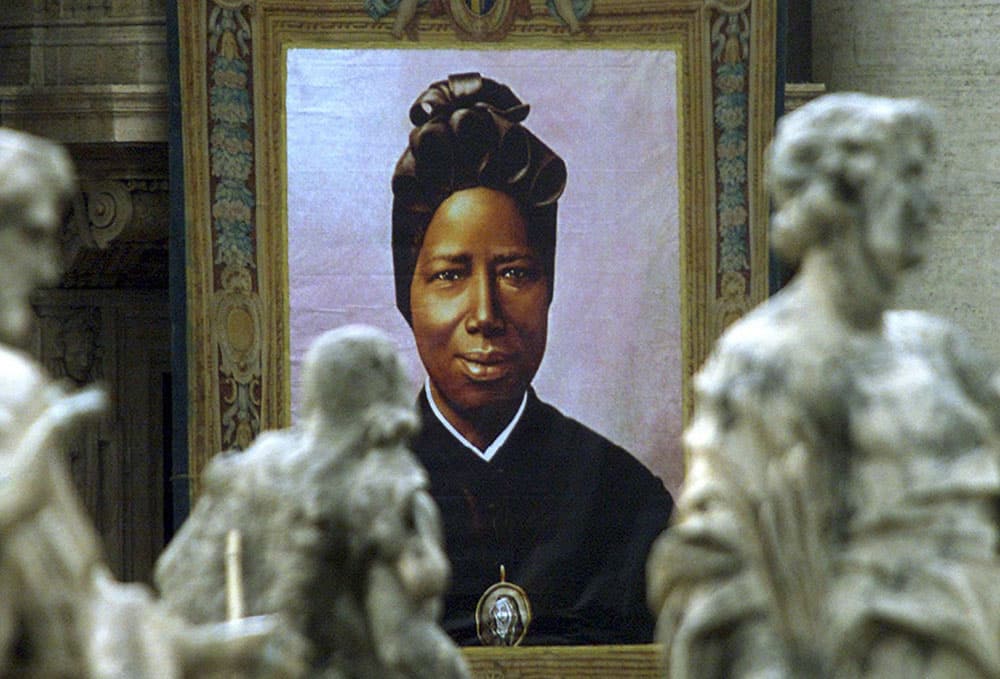 Question: In RCIA, we have begun praying the Nicene Creed at the beginning of meetings. I got a question about the language in the creed, specifically the word “begotten.” My students have a hard time understanding how “begotten” is a term proper to Jesus. It seems too human a word for Jesus.
Question: In RCIA, we have begun praying the Nicene Creed at the beginning of meetings. I got a question about the language in the creed, specifically the word “begotten.” My students have a hard time understanding how “begotten” is a term proper to Jesus. It seems too human a word for Jesus.
— Deacon Joseph Kurtenback, via email
Answer: The term “begotten” does not simply refer to human generation. It is also used in the Nicene Creed to emphasize that the Lord Jesus has the same nature as the Father; the Father is God, Jesus is God. In terms of human language, consider that if a man were to make a chair, the chair would not share the human nature of its maker; it is a chair, not a man. Further, though a man may make something, we do not say he “makes” a son. Rather, we say he begets a son. The child shares in his father’s human nature and so is begotten, not made. Thus, in the creed, when we say that Jesus is “begotten not made,” we are saying he has always had the divine nature of the Father and is not merely made or created.
Note, too, that this term “begotten” is in the context of a litany in the Nicene Creed. There, we proclaim that Jesus is “God from God, Light from Light, true God from true God, begotten, not made, consubstantial with the Father.” These statements are like hammer blows chiseling out unambiguously that Jesus is God, he is no mere creature. He shares fully in the one divine nature; he is the light, he is truly God, fully participating in the one divine substance.
Who wrote the Torah?
Question: I saw a video addressing the question of who wrote the Torah and when. The basic hypothesis was that the first five books were written later during the divided kingdoms, that the story of Moses came from the northern kingdom and the Abrahamic tradition came from the southern kingdom, and that these two traditions were later melded into one narrative. It further said that Abraham, Isaac, Jacob, Moses and David were allegories, not historical figures. Is there any talk in Catholic circles that something like this is acceptable?
— Terry Kensok, Wheatland, North Dakota
Answer: In the past 200 years, a great deal of interest and effort has surrounded the authorship and genre of the Pentateuch (the first five books of the Bible). Tradition assigned these five books different titles such as the Torah or the Five Books of Moses. Tradition also assigned their authorship to Moses, to whom God dictated the text.
More recently, certain attempts have been made to explain notable differences in style and vocabulary throughout the works. It seemed that a common author, such as Moses, would not use such different styles and vocabulary. Hence, there developed a “four-source” theory, which posited four different sources (or authors) for the material: the Jahwist, Elohist, Priestly and Deuteronomist. These different sources of material were later edited, or stitched together, by editors. There are other views such as the one you cited that root the differences in the political and national distinctions of the time.
While explanations of stylistic and literary differences are understandable in scholarly settings, there has been a tendency to use such theories to undermine the authority of the Biblical text. Catholics would do well to remember that whomever God inspired to write the text (whether Moses or others), the true author of the texts is God the Holy Spirit. Further, the text we have received from antiquity is the text God wants us to have for our instruction and salvation.
As for questions of the actual existence of Abraham, Moses, David, etc., there is no substantial doubt that they existed. The theory you saw in the video is not widely accepted, and those who propose it bear a burden of proof they have not met. Here, too, there is a tendency today to question the historicity of the Biblical texts, but such attempts have not fared well in this age of archeology and the discovery of many historical sources. Catholics should be confident of the historicity of the Biblical text. And while the history is recounted briefly and in some cases with poetic style, the overall stance and teaching of the Church down through the ages affirms that actual people and events are recounted and speak of the things God actually did and said with and for them.
Msgr. Charles Pope is the pastor of Holy Comforter-St. Cyprian in Washington, D.C., and writes for the Archdiocese of Washington, D.C. at blog.adw.org. Send questions to msgrpope@osv.com.


